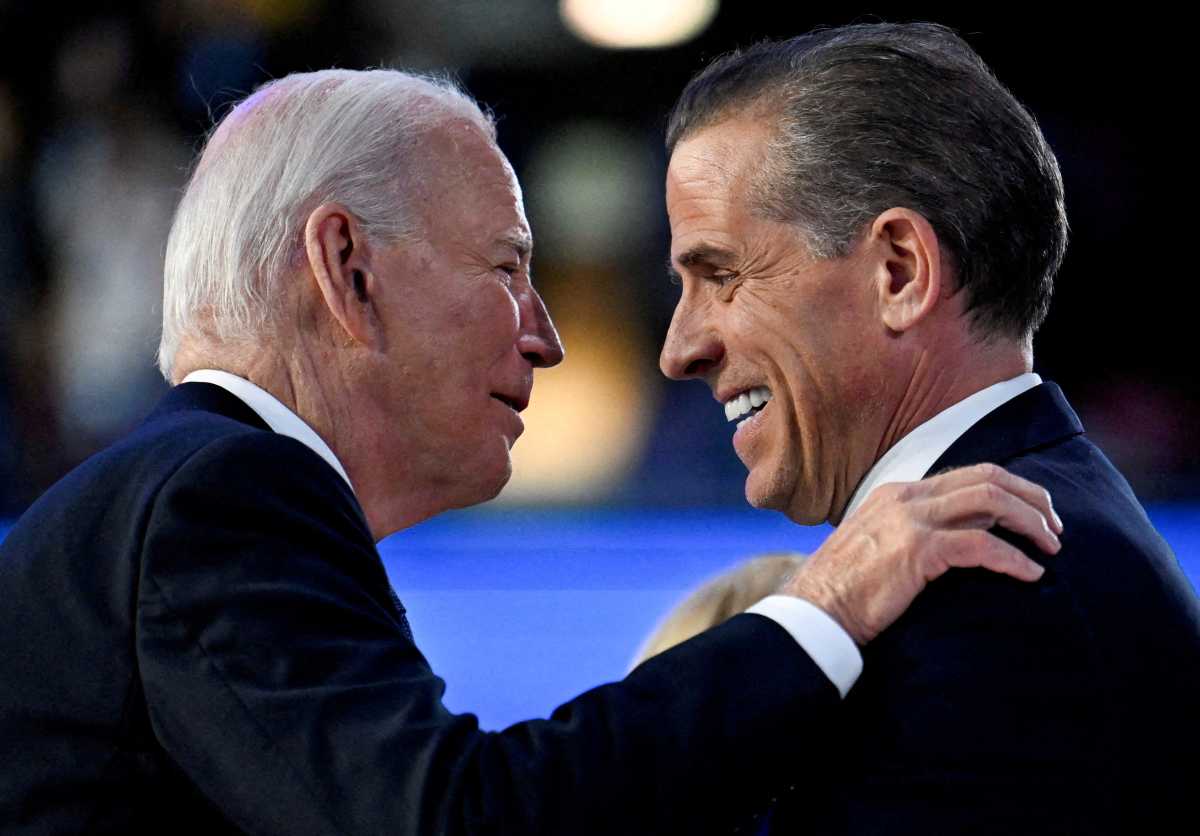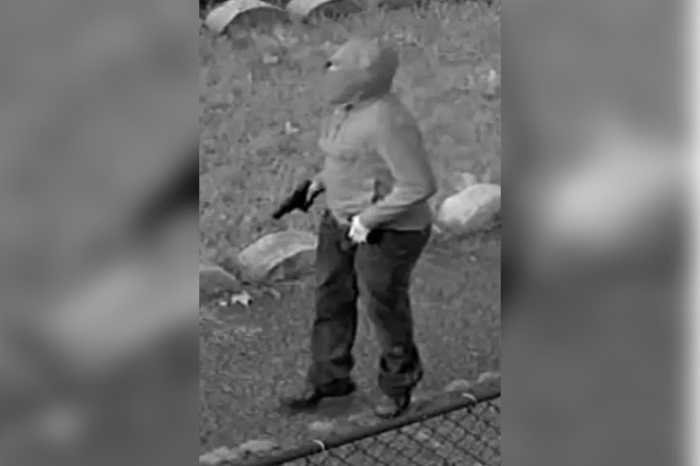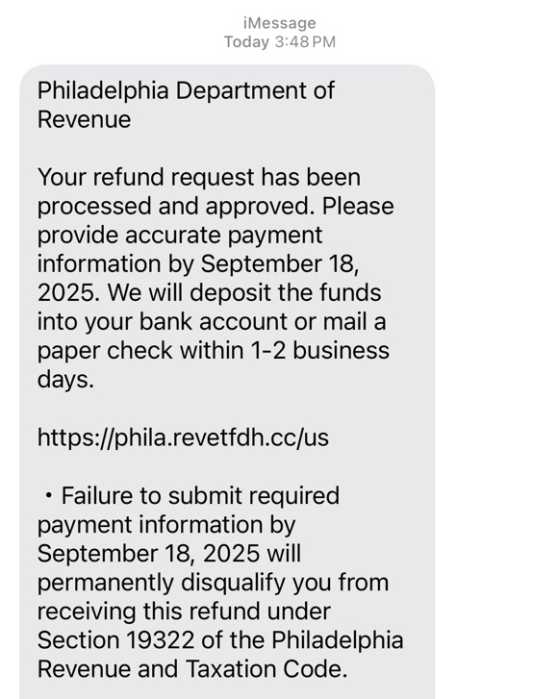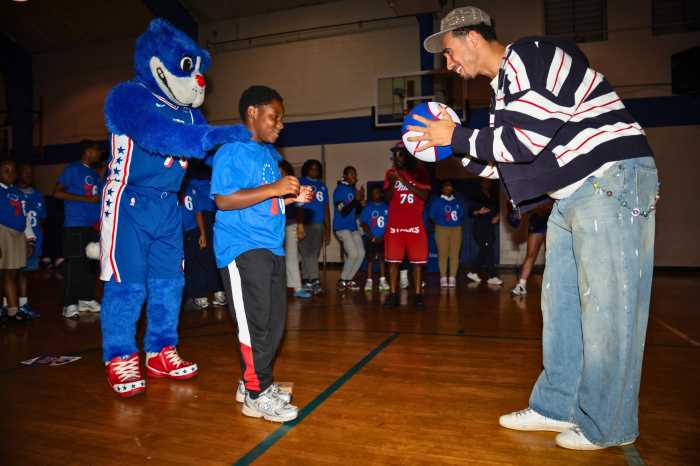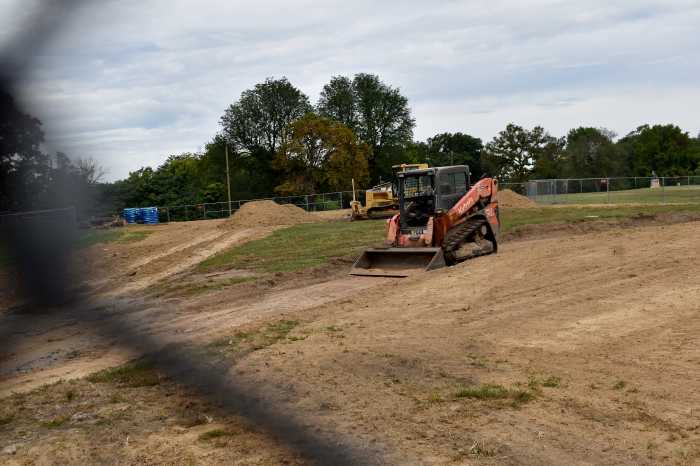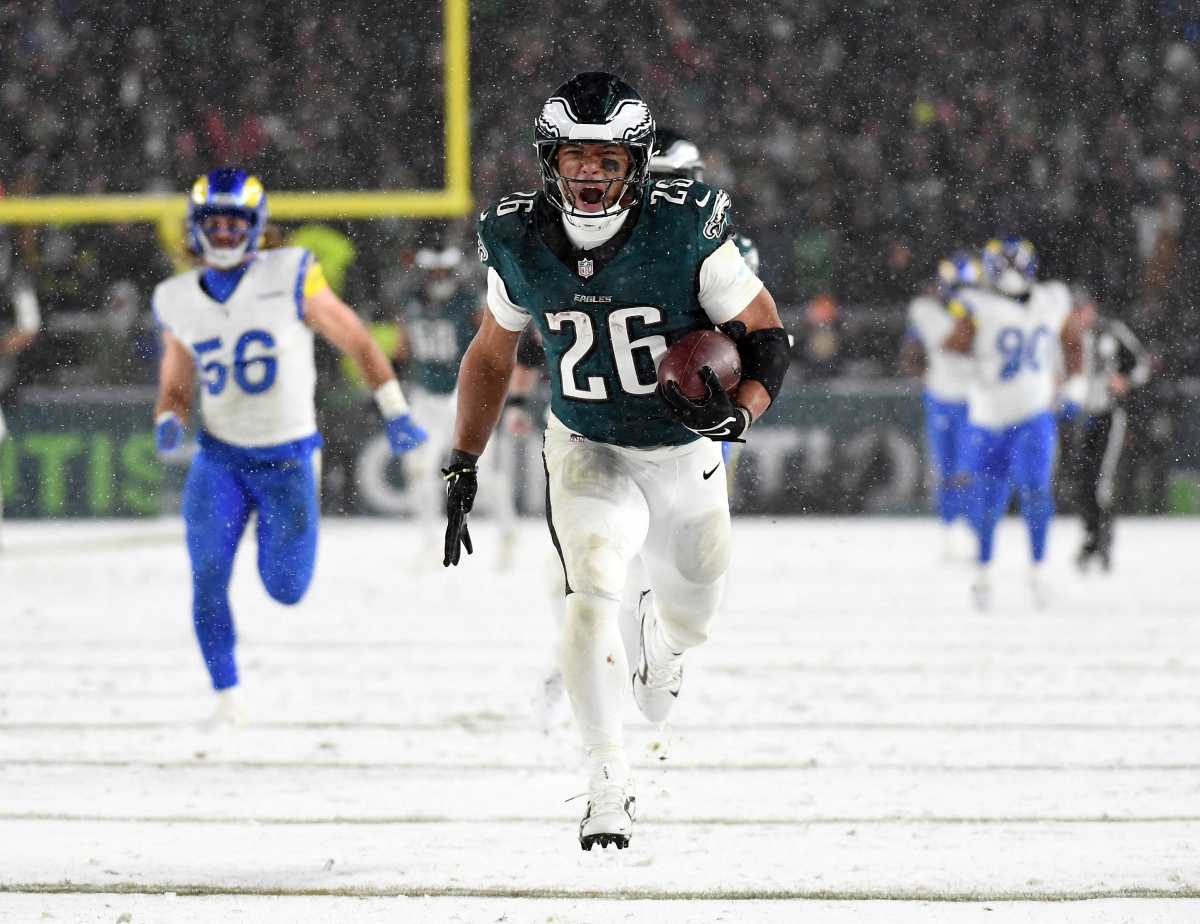On Sunday, Delaware resident and President Joe Biden provided clemency to his son, Hunter Biden, with a Presidential Pardon. Going against a previous promise not to do so, Biden pardoned his son from federal felony gun charges as well as tax convictions.
His predecessor and successor — President Elect Donald J. Trump — provided executive clemency to a total of 237 individuals during his first term, including 73 of them on his last day in office. Trump has also promised additional pardons during his second term.
Presidential clemency has the beginning of its roots in Philadelphia. America’s first President — George Washington — living and working from the President’s House, which was on 6th and Market streets, made the decision in 1796 not to seek another term in office. The decision to relinquish the first seat of power in American history not only stunned his countrymen, but also the world.
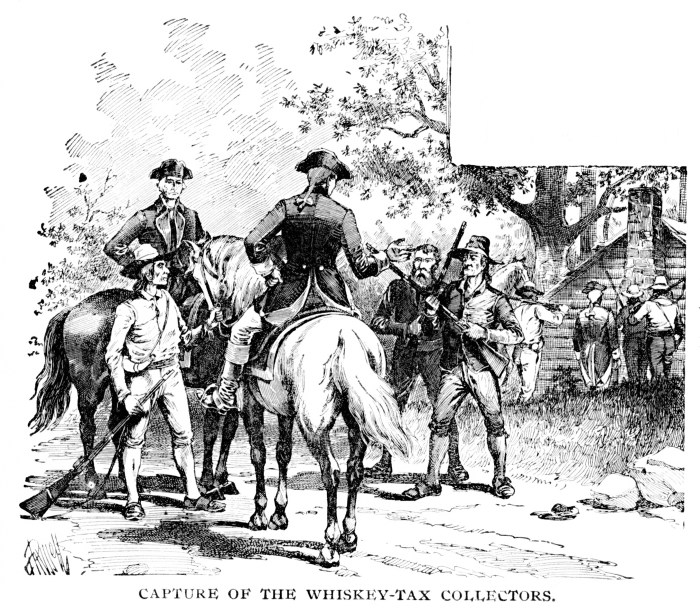
On his final day in office before leaving Philadelphia and retiring to Mount Vernon in March of 1797, Washington signed the first Presidential Pardons from Philadelphia. Among his pardons were Philip Vigol and John Mitchel, who were involved in the Insurrection. The Whiskey Insurrection (1791–1794) was a tax protest against the US Federal Government’s first domestic tax — which was intended to address Revolutionary War debt. When the tax which was instituted in 1791 — among the affected Western Pennsylvania farmers who utilized a surplus of rye, barley, wheat, corn, as well as fermented grain to produce whiskey.
In those same Western Pennsylvania counties — tempers and threats flared as officials attempted to collect the tax. At it climax, approximately 500 men attacked Jon Neville’s (a federal tax collector’s) home. Washington addressed the crisis decisively — sending peace commissioners to form an accord with the protestors, urging the governor to send a local militia to enforce the tax, and leading an army into western Pennsylvania with a militia of nearly 13,000 men made up with men for four states. As the force approached Pittsburgh, the insurgents had already dispersed, however around 150 arrests were made.
The event was a significant move towards the formation of two political party system in the US. Aside from James Madison overseeing the cannons outside of Washington during the War of 1812 — only one U.S. President has led troops in the field while in office. That was 230 years ago during the Whiskey Rebellion — when President George Washington set out of Philadelphia to take command of nearly 13,000 troops in 1794.
Michael Thomas Leibrandt is member of the York Road Historical Society and lives and works in Abington Township.



